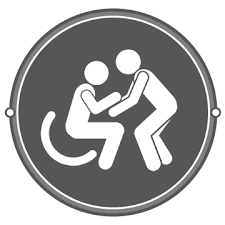OASIS-E M1306: Six (6) Steps to Prevent Pressure Ulcers
Any person who is in a bed or chair for 8 hours or longer is at risk for pressure ulcers. Pressure ulcers - also known as bed sores, decubitus ulcers, pressure sores and skin ulcers - often develop in patients with the following conditions: diabetes mellitus, deep venous thrombosis,...
Three (3) Steps to Effective Medication Teaching
Is there anything more challenging than teaching a patient about their medications?
The 12 Best In-Services for Aides & Home Health Clinicians
As you know, Medicare's requirements for home health aide in-services are the following (Standard §484.80(d); Tag G774):"§484.80(d) Standard: In-service training. A home health aide must receive at least 12 hours of in-service training during each 12-month period. In-service training...
OASIS M1610: Instructions for Managing Indwelling Catheter
Client Teaching Guides for Home Health Care: Patient Teaching Guidelines for Foley Catheter Care. Sometimes injuries and illnesses make it hard, or impossible, for you to urinate on your own. For this reason, you need an indwelling catheter, also called an indwelling foley catheter....
Rule #2 for Preventing ER Visits? Prepare Patient for Exacerbations
Medicare charges hefty financial penalties to providers who send patients back to the hospital after a recent hospital admission.
To Be a 5-Star Agency, Pay Close Attention to Rehabilitation Potential
Value-based Purchasing (VBP) & Medicare Reimbursement
Medicare's Value-Based Purchasing (VBP) became effective for all certified home health agencies on 1/1/2023. Under VBP your Agency's Medicare payments are determined by three conditions: (1) CAHPS - patient satisfaction scores, (2)...
OASIS M1840 - Assessment Guidelines for Toilet Transferring
MyHomecareBiz recommends the following Medicare guidelines for completing OASIS M1840 Toilet Transferring:
Are Coding & Meds Consistent with 0110 Special Treatments?
Section O: Special Treatments Can Increase the Patient's Case Mix and Your Reimbursement.
If the patient has any of the following conditions make sure coding and medications support the answers to Section O.









